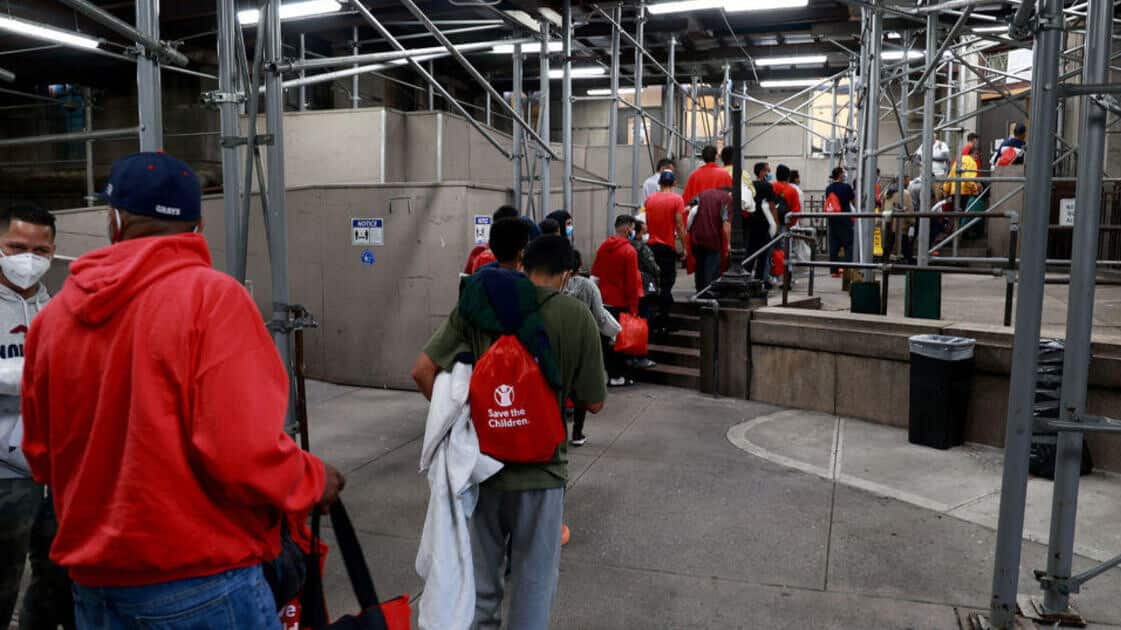
Biden administration won't extend legal status for 530,000 migrants
What's the story
The United States Department of Homeland Security (DHS) has announced that the Joe Biden administration will not extend the legal status of approximately 530,000 migrants. These individuals were allowed entry into the US under a sponsorship program initiated to curb illegal border crossings. The affected migrants are now faced with three options: seek legal status through other immigration programs, leave the country voluntarily or risk deportation proceedings.
Program details
Sponsorship program and its impact on immigration
The sponsorship program was launched in October 2022, initially targeting Venezuelans to dissuade them from journeying to the US-Mexico border. It offered a legal pathway into the US if American-based individuals agreed to sponsor them. The program was later expanded in January 2023 to include migrants from Cuba, Haiti, and Nicaragua. By August's end, 530,000 migrants had entered the US under this policy—known as the CHNV program—according to government figures.
Migrant statistics
Breakdown of migrants and potential legal pathways
Government data reveals that approximately 214,000 Haitians, 117,000 Venezuelans, 111,000 Cubans and 96,000 Nicaraguans have arrived in the US under this policy. The first group to begin losing their parole status are Venezuelans who started coming to the US through the CHNV program in October 2022. Some of those who have arrived under the sponsorship policy may be eligible to remain in the US legally through other programs such as Temporary Protected Status or asylum.
Public reaction
Criticism and support for the administration's decision
The decision not to offer parole extensions has drawn criticism from progressives and immigration advocates. They argue that Cubans, Haitians, Nicaraguans, and Venezuelans are being treated differently than Afghans and Ukrainians who came to the country under similar processes. However, Republicans have strongly denounced the CHNV policy as a fraud-ridden program that circumvents legal immigration processes established by Congress.